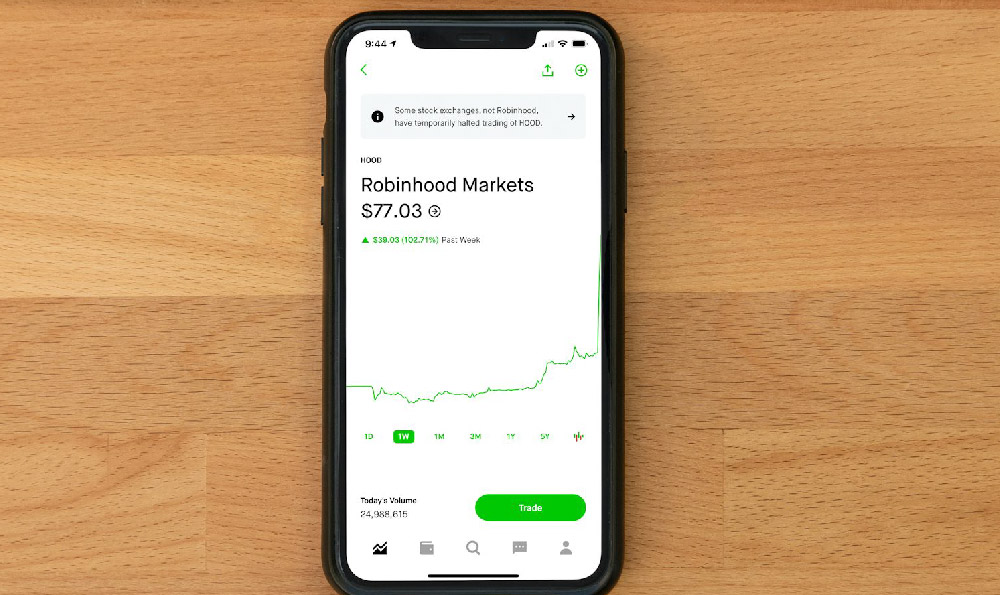Okay, I understand. Here's an article exploring Mariah Carey's Christmas income, as requested:
Mariah Carey. The name evokes images of soaring vocals, dazzling stage presence, and, of course, the undisputed queen of Christmas. Since its release in 1994, "All I Want for Christmas Is You" has become a ubiquitous holiday anthem, a sonic cornerstone of the festive season. But beyond its cultural impact, the song has also been a phenomenal financial success, leading many to wonder: How much does Mariah Carey actually earn every Christmas? Her holiday income is a topic shrouded in both fascination and speculation.
Pinpointing the exact figure is, understandably, difficult. Precise royalty figures are closely guarded secrets within the music industry. However, through analyzing various sources – including estimated streaming revenue, sales figures, royalties, licensing fees, and potential merchandise tie-ins – we can paint a detailed, if not entirely precise, picture of Carey’s Yuletide earnings.

The primary source of income stems directly from "All I Want for Christmas Is You." Let's break down the key avenues contributing to this:
Streaming Revenue: In the modern music landscape, streaming is king. Services like Spotify, Apple Music, Amazon Music, and YouTube Music generate substantial royalties for artists. “All I Want for Christmas Is You” consistently tops holiday streaming charts globally. Considering the song’s immense popularity and the relatively high per-stream royalty rates (which fluctuate based on the service and the artist's contract), this single song can easily generate millions of dollars in streaming revenue every Christmas season. Industry experts have estimated this figure could reach anywhere from $1 million to $3 million annually, solely from streaming platforms, and that number has only increased year on year as streaming becomes even more popular.
Digital and Physical Sales: While streaming dominates, digital downloads and physical album sales still contribute. Many people still prefer to own the song outright, leading to continued digital sales. Also, Mariah's Christmas albums, particularly "Merry Christmas," featuring "All I Want for Christmas Is You," experience a significant sales bump each holiday season. These combined sales, although less significant than streaming, still add to the overall income.
Royalties: Performance and Mechanical: Two main types of royalties are earned from a song: performance royalties and mechanical royalties. Performance royalties are paid to the songwriter and publisher when the song is performed publicly, including on radio, television, in restaurants, and at live events. Mechanical royalties are paid when a song is reproduced, such as on a CD, vinyl record, or digital download. “All I Want for Christmas Is You” benefits immensely from both. Its constant presence on radio stations worldwide during the holiday season translates to massive performance royalties. Furthermore, every copy of the song sold or streamed generates mechanical royalties. These dual royalty streams are a consistent and substantial source of income.
Licensing Fees: The song's widespread appeal makes it highly sought after for use in films, television shows, commercials, and other media. These licensing agreements generate significant fees. Imagine the number of holiday movies and TV commercials featuring that iconic opening riff. Each time the song is used, Mariah Carey (and her co-writer and publisher) receives a licensing fee. The price is varied, it depends on the scale and popularity of the works that the song is used in, but still it is a considerable amount.
Merchandise and Related Ventures: While not directly attributed to the song itself, the popularity of "All I Want for Christmas Is You" has fueled a variety of merchandise opportunities. Carey has released Christmas-themed clothing, decorations, and other products, often featuring the song's title or imagery. Additionally, her annual Christmas concerts and appearances contribute to her overall holiday earnings. These ventures, capitalizing on the song's success, further solidify her "Queen of Christmas" brand and its associated financial benefits.
Beyond "All I Want for Christmas Is You": It's important to remember that Mariah Carey’s holiday income isn't solely dependent on this single song, though its impact is undeniable. She releases holiday specials, performs at Christmas-themed events, and lends her star power to various holiday campaigns. All these activities add to her considerable income during the holiday season.
So, what’s the final figure? While an exact number remains elusive, conservative estimates place Mariah Carey’s Christmas income at a minimum of $600,000 to $2.5 million per year. Some analysts even suggest figures reaching upwards of $6 million or more when all revenue streams are considered. It's also important to consider that the income generated isn't all clear profit. There are expenses associated with management, production, marketing, and touring, which would need to be deducted. The precise amount that ends up in Carey's pocket is unknown.
Regardless of the exact number, it's clear that "All I Want for Christmas Is You" has transformed Mariah Carey into a veritable Christmas cash machine. The song's enduring popularity and strategic management have created a sustainable and lucrative revenue stream that solidifies her status as not just a musical icon, but also a savvy businesswoman. This consistent and impressive income stream demonstrates the power of a timeless song and a well-managed brand, showcasing how cultural relevance can translate into remarkable financial success. The song's continued dominance year after year ensures that Mariah Carey will remain the undisputed Queen of Christmas – and a financially blessed one at that – for years to come. This financial phenomenon underscores the enduring value of creating a truly timeless and universally appealing piece of art.











